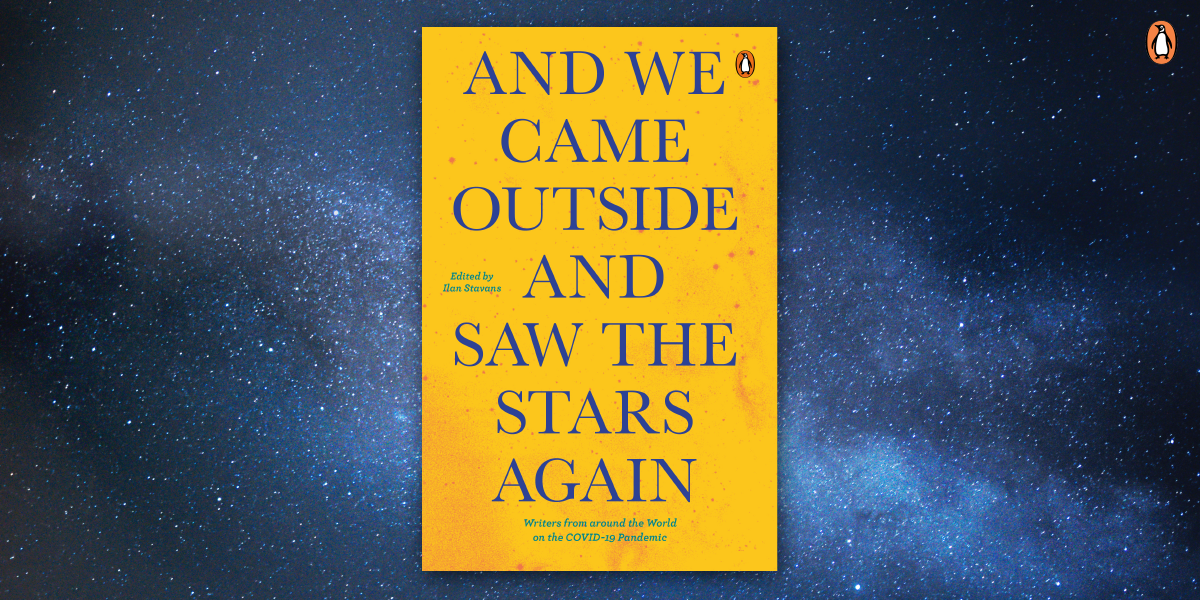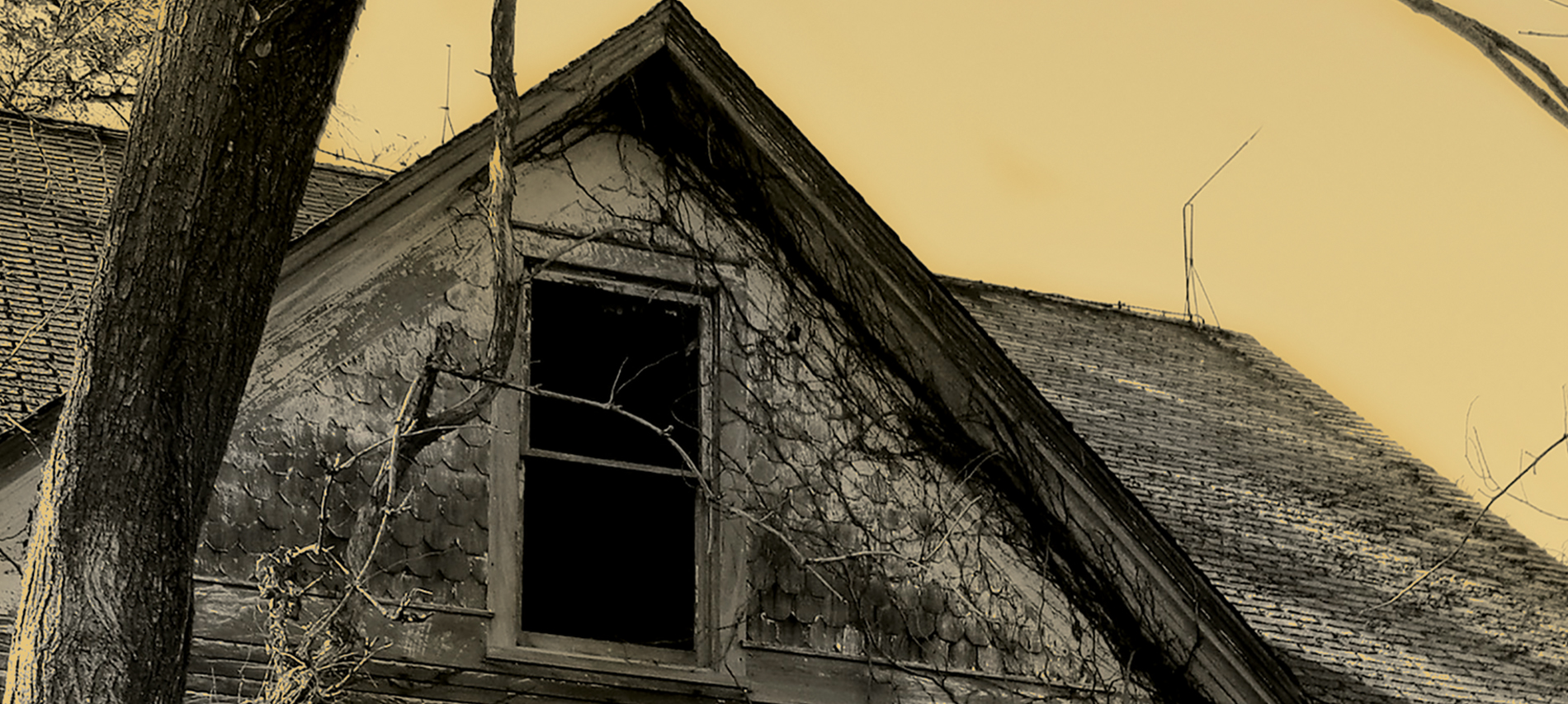Five ways in which And We Came Outside and Saw the Stars Again takes inspiration from Dante’s Divine Comedy
In this rich, eye-opening anthology, And We Came Outside and Saw the Stars Again , dozens of esteemed writers, poets, artists and translators from more than thirty countries offer a profound, kaleidoscopic portrait of lives transformed by the coronavirus pandemic.
As COVID-19 has become the defining global experience of our time, writers transcend borders and genres to offer a powerful antidote to the fearful confines of isolation: a window onto corners of the world beyond our own.
The anthology harks back to one of the most famous works of ‘pandemic literature’ Dante Alighieri’s Divine Comedy, especially the first part, the Inferno. Read on to learn more about the fascinating intertextuality of And We Came Outside and Saw the Stars Again
- Just as Virgil in the Divine Comedy is the voice of both compassion, empathy and reason, thinkers, artists and authors are the ones we turn to for guidance and answers in difficult times.
The perspectives of scientists are indispensable, but we must also listen to philosophers, anthropologists, intellectuals, artists, and creators. . . Literature also experiences an inevitable renaissance in these times of collective fear: when we cannot understand what is happening around us, as a society we turn to books to see if they offer any answers.
- Pandemics seem to not only inspire creativity, but also a need within readers to seek meaningful insights into the more metaphysical aspects of illness, of death and the afterlife. Just as the first part of the Divine Comedy was written during the Black Death-the bubonic plague that ravaged Europe in the 14th century, it’s the Covid 19 pandemic that serves as the unlikely muse for this anthology.
Or, like religion tells us, is there a mythical divide between heaven for the good and hell for the bad, with our final destination decided by a whimsical god? Perhaps there is a different kind of afterlife altogether, one that remains undiscovered by philosophers, theologists, and scientists? The plague brings these questions to the fore, which in normal times are confined to the depths
of the human psyche, making them essential to the present moment.
- Some of the most iconic lines from the Divine Comedy serve to structure the anthology, as the titles of the five parts into which the fifty-two contributions are divided.
Part I, “A Mighty Flame Follows a Tiny Spark,” focuses on the eruption of the plague; Part II, “The Path to Paradise Begins in Hell,” on the need for a road map; Part III, “I’m Not Alone in Misery,” on empathy; Part IV, “Faith Is the Substance of Things Hoped for,” on hope; and Part V, “Love Insists the Loved Loves Back,” is the door through which we might come outside again and see the stars.
- The pandemic itself seems to be an evocation of the seven circles of hell described in the Inferno, growing increasingly more frightening with progression
I’m afraid for myself and my family. I see lines in stores and people quarreling over basic goods at the cash registers. I see an administration that’s taking advantage of the opportunity and dismantling democracy even further. And big companies, untouchable in all this, who will soon be able to make all of us even more dependent on them. I see borders closing, the police using excessive force, and cruel looks from people on the streets.
.
- With its notes of positivity amidst the turmoil, the title of the anthology is inspired by the last line of Dante’s Inferno, in which the poet and Virgil emerge from their journey through hell to once again view the beauty of the heavens—‘Thence we came forth to rebehold the stars.’
The day after the plague it will be summer, and finally we’ll be able to have a coffee at the corner cafe, go to the beach, and for a brief moment we’ll value our restored liberty.



















